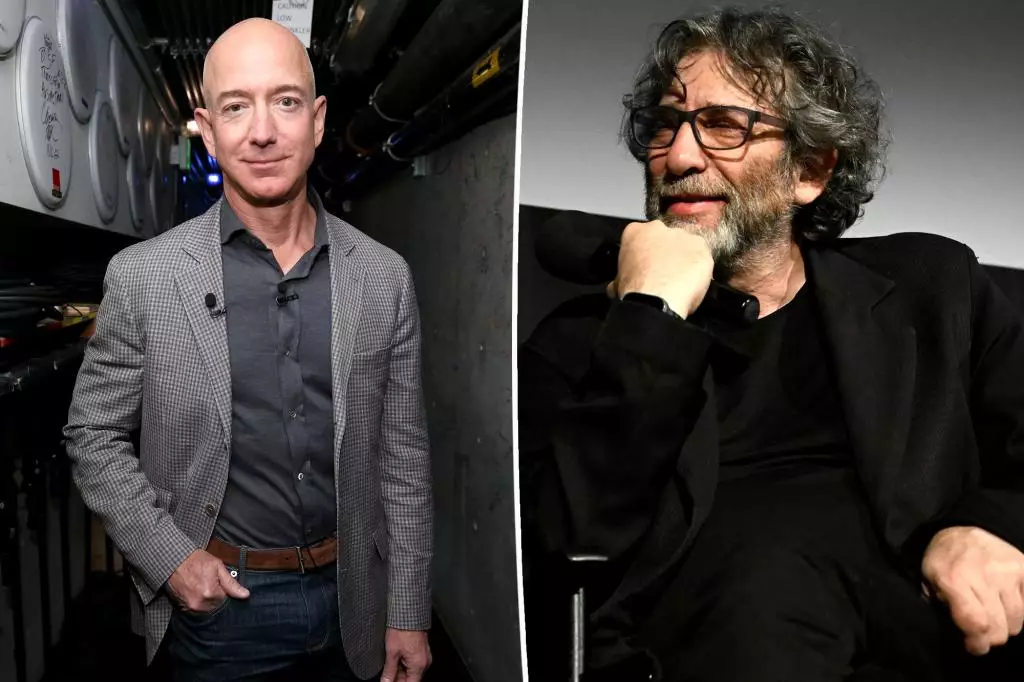The literary community is currently embroiled in a significant controversy surrounding acclaimed author Neil Gaiman. Known for his imaginative tales and groundbreaking works such as “The Sandman” and “American Gods,” Gaiman has become a fixture at exclusive literary retreats, particularly at the Campfire gathering hosted by Jeff Bezos. However, recent allegations of sexual misconduct have cast a shadow over his participation in this year’s event, leading to speculations about his future in the literary scene.
Reports of Gaiman’s absence from this year’s Campfire retreat arise amidst escalating media scrutiny regarding allegations made against him. A podcast titled “Master: The Allegations against Neil Gaiman” has brought forth multiple testimonies from women who describe experiences of what they claim to be non-consensual encounters. Gaiman has categorically denied these allegations, labeling them as “disturbing.” This response underscores a growing trend where public figures are increasingly confronted with serious accusations, often resulting in reputational damage and withdrawal from public engagements.
The implications of Gaiman’s absence from the Campfire retreat extend beyond his personal life. The event, often viewed as a nexus for discussions between influential writers and industry leaders, misses out on valuable dialogues that Gaiman’s perspective would have provided. The Campfire retreat has historically served as a forum for literary figures to interact with corporate giants in the publishing world, navigating conflicts that have previously arisen, such as the notable dispute between Amazon and Hachette. It’s clear that without Gaiman’s participation, the dynamics of these discussions will inevitably shift, impacting the nature of exchanges that occur at such gatherings.
Gaiman’s situation is indicative of a larger cultural movement that has gained traction in recent years, where discussions about consent and misconduct are becoming increasingly prevalent in various industries. The outcry for accountability has led readers and fans to reassess the figures they admire, often complicating their relationship with beloved works. The literary landscape is changing, as artists like Gaiman find themselves navigating not only creative landscapes but also moral and ethical challenges that question the very essence of artistic integrity.
As Gaiman steps back from public engagements in light of these allegations, the future remains uncertain for both him and the projects associated with him, including adaptations like “Good Omens.” His willingness to temporarily withdraw from these projects may serve as a tool to minimize the fallout for all parties involved, allowing space for the unfolding discussions around consent and personal conduct in the literary world. How he chooses to address these allegations moving forward will be pivotal in defining both his legacy and his contributions to literature in the years to come.
Neil Gaiman’s situation exemplifies a critical juncture in the literary community. With layers of complexity surrounding personal conduct, public admiration, and the responsibilities of authors, the absence of Gaiman from this year’s Campfire retreat will not only affect the immediate discourse at the event but also resonate through the literary world for some time. As discussions about accountability continue to rise, the impact of such allegations will likely lead to both a reckoning and a re-evaluation of values within the culture surrounding literature.

